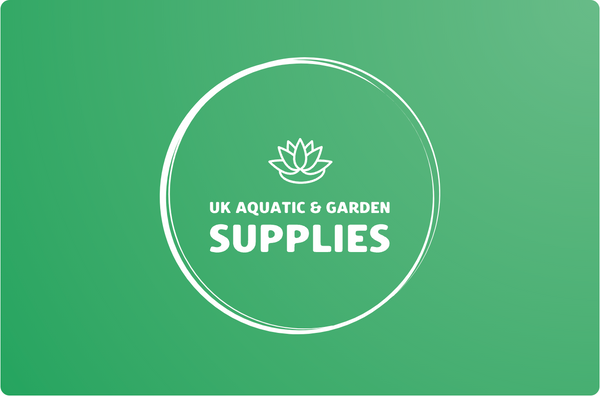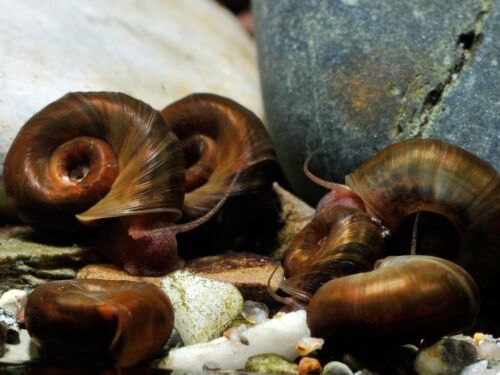FLOATING POND PLANTS
Floating pond plants are a simple way to achieve extra shading for your pond, helping reduce algae and green water by absorbing nutrients and reducing light levels required for algae blooms. Additionally, fish and wildlife will enjoy the shelter, and any natural food sources created by the floating plants and its bug inhabitants.
You will find in a number of floating pond plants available in our stores or online.
Do floating pond plants survive the winter?
Non-native floating pond plants will rarely survive the winter in the UK as they are imported from warmer climates. However, they should spread well during the summer making a good investment. Alternatively, there are some native floating plants such as the popular Water Soldier which submerge themselves in the winter to reappear the following spring.
Which plants float in ponds?
There are a number of floating pond plants, some native, some are imported from warmer climates and are unlikely to survive through our winters. Native floating pond plants include Water Soldier and Frogbit. While Water hyacinth, Water Lettuce and Water Chestnuts are popular imported floating plants. Salvinia natans (Floating water moss) is also popular in UK ponds but is not particularly frost hardy.
How do you plant floating plants in pond?
Planting is as simply as placing them upright in the pond water. Be aware hungry koi will consider some floating plants such as Water Lettuce an edible treat if not protected.
Do floating pond plants need soil?
No, floating pond plants float on the water surface, with roots hanging freely in the in the water. However, Water Soldiers like to attach their roots to the silt in the bottom of the pond, and will submerge themselves in the winter.
Do floating pond plants clear water?
Floating pond plants absorb large amounts of nutrients from the water, while shading the pond. Both these factors will hugely help keep your pond clearer. Most ponds containing Stratiotes aloides (Water Soldiers) are found to be clear, whether this is solely the plants or they need clear conditions to thrive is not proven.

 Sold out
Sold out










